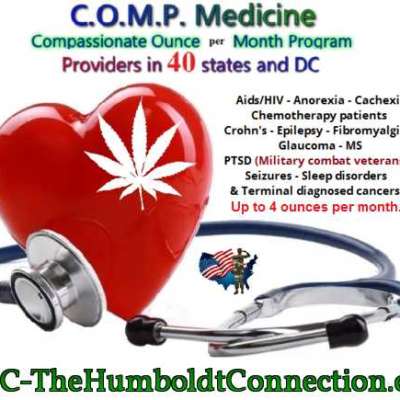
www.dailysignal.com
Jimmy Carter’s Little-Known Role in Political History: Giving Rise to Religious Right
President Jimmy Carter’s personal service to the poor after he left the White House in 1981 is remembered as Christian charity in action. What is not so well remembered is his role, albeit unwitting, in bringing evangelical Christians into the political process.
Without Carter—who died Dec. 29 at age 100, and who will lie in state at the Capitol until Thursday—the Religious Right might not have come into existence.
In 1976, Carter was elected with the support of evangelical Christians. Four years later, in 1980, Ronald Reagan was elected with their overwhelming support.
What happened?
In the first days of his candidacy, Carter threw the mainstream media into a tizzy by proclaiming himself a “born-again Christian.” As reporters scrambled to find out what that meant, Carter’s self-revelation gave heart to born-again Christians: Finally, after years of being isolated from the political process, here was somebody they could identify with, one of themselves running for president.
Once elected, however, instead of dancing with the folks who brought him, Carter ignored or disavowed his Christian base, and instead followed the lead of his appointees, who were on the Left.
First came the attack on parents’ rights, then came the attack on the traditional family itself. In between was silence on the life issues, which evangelicals had come to embrace, and the steady advancement of the feminist agenda.
A couple of years into Carter’s presidency, a proposed regulation was promulgated by the IRS in the Federal Register to preemptively deny tax-exempt status to new private schools.
In 1978, Catholics were not opening new schools; they were struggling to keep existing ones open. Who then was the target of this proposed regulation? Independent, evangelical churches.
The IRS didn’t spin it that way, of course. Instead, it played the “racism” card. The stated purpose of the proposed regulation was to deny 501(c)(3) status to schools that had opened within five years of a desegregation order from a court.
But for years, parents had been sending their kids to Christian schools because they wanted order, discipline, traditional curriculum, and morality, which were rapidly disappearing from the public schools. Parents and pastors saw that as an attack on parental rights and religious freedom.
Eventually, the White House had to back down—but not before Christian leaders realized that their deep concerns were of no concern to the White House. In the process, Christian leaders made friends among Capitol Hill conservatives. The seeds of the Christian Right were first planted in defense of parental rights and religious freedom.
In 1980, those seeds blossomed into full flower as a pro-homosexual agenda took over the White House Conference on Families.
In the 1976 campaign, Carter had gone to the National Catholic Welfare Conference to shore up his Catholic flank, and he promised, if elected, to hold a White House conference on the family. As reelection time drew near in 1979, his advisers dusted off that promise, and created a commission to implement it. Hundreds of letters came to the White House asking that James Dobson of Focus on the Family be named to the commission, but nobody at the White House had ever heard of Dobson.
The disconnect with Christians became more obvious when the commission, following the lead of its staff (John Carr, formerly of the Catholic Welfare League and later of the U.S. Conference of Catholic Bishops, was executive director), decided that instead of a White House Conference on the Family, it had to be the White House Conference on Families, plural.
Furthermore, “family” was never actually defined in documents of record, but the working definition was a group of people who share living and cooking arrangements and aspirations for the future. In an era when homosexual “marriage” was still only theoretical, that was understood as a step along the way to allowing homosexual couples to be a “family.”
Things went downhill from there.
The staff designed a system under which “stakeholders,” by which they meant social services professionals, would control the outcome. Some had some good ideas, but the bottom line of the social work-industrial complex is to throw federal money at problems by creating new programs. For Christians, however, the real stakeholders were parents in intact families who were struggling to preserve a society that supported their goals. But they were dismissed as sentimental and their ideas branded as outdated.
As the process dragged on into the summer of 1980, Christian leaders watched and hoped that the born-again president would hear their concerns and send some signal of support for traditional marriage and family.
But he never did. And conservative Christians kept organizing and registering new voters.
On Aug. 15, 1980, candidate Ronald Reagan spoke to 15,000 Christian pastors in Dallas, brought together by the Religious Roundtable.
“I know you can’t endorse me,” he said, “but I endorse you.” The auditorium burst into a sustained standing ovation.
The rest, as they say, is history.
We publish a variety of perspectives. Nothing written here is to be construed as representing the views of The Daily Signal.
The post Jimmy Carter’s Little-Known Role in Political History: Giving Rise to Religious Right appeared first on The Daily Signal.














